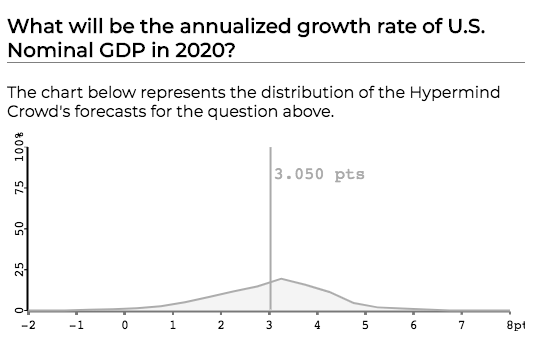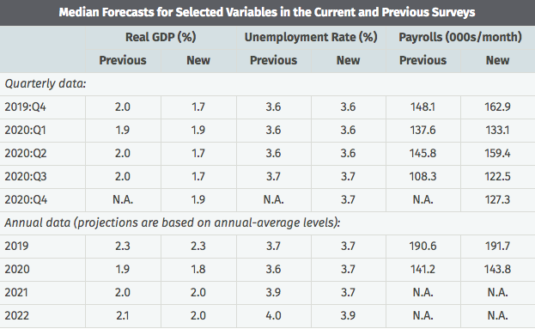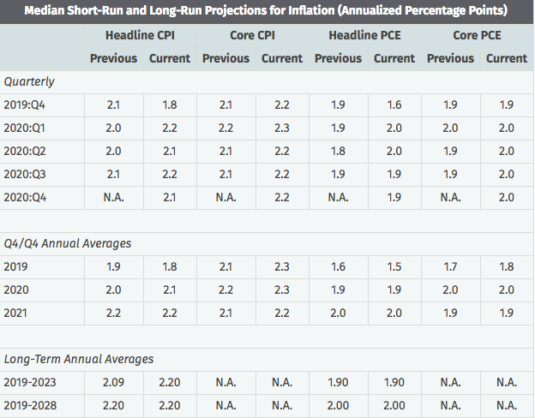I’m an agnostic on the question of whether we are making progress, and I’d like to start by considering one type of progress, the war against dirt and germs. Over the course of my life, I’ve seen society put non-trivial resources into making our world cleaner and more germ-free. That sounds good! But I’m not entirely convinced, for numerous reasons:
1. When I go to another region, like East Asia, I see lots of examples that seem slightly unhinged. Lots of people wearing surgical masks in public. Waiters with plastic face guards. People forced to take off shoes every single time they enter a house. (Actually, my house is the same, as I defer to my wife.)
2. Intertemporal comparisons also seem dubious. Younger people (which is most people for a 64-year old like me) seem excessively fastidious. If I tell my daughter stories about how my dad used to take me to the “dump” when I was a kid, to search for useful stuff that people had thrown away, she’d be horrified. Ewww! Or that people didn’t pick up after their dogs in the 1960s. Indeed, I’m still a trash collector; the office chair I’m sitting in as I type this post was out at the curb of a neighbor’s house on Newton. It looked useful so I grabbed it.
I’m self-aware enough to understand the “OK boomer” absurdity of what I’m doing here. I’m horrified when I read about how in the 1800s the streets of NYC were full of horse manure. Or the drinking water situation in London in 1840. Ewww! It’s all relative.
If you put a gun to my head and forced me to defend the 1960s level of dirt and germs as optimal, I’d say the 1800s really did involve heath risks, but the recent improvements are mostly psychological. And I’d argue that due to the “hedonic treadmill” we are no longer getting better off, because we keep getting pickier about what we consider disgustingly dirty. Even worse, there are theories that too much cleanliness might actually make kids more susceptible to asthma.
But I’m not going to end up trying to defend the boomer generation, who I regard as just as irrational as any other. I plan to question All Progress. So let’s take some examples:
1. We obviously have better stuff, like iPhones. But that’s not the issue. Just having iPhones makes us more impatient, less able to enjoy life’s simpler pleasures. New York City has recently added a number of 100 story skyscrapers for billionaires to live in. But that hasn’t made New York’s skyline any more impressive, as it diminishes the more beautiful art deco masterpieces from the 1920s. It’s all relative.
2. Suicide rates are rising. Even worse, many deaths of despair (from drugs) are quasi-suicides. The standard view is that this is due to hard times in Middle America. But life expectancy only began declining after 2014, and has continued declining even as the labor market has improved dramatically (especially for low income groups.) Hispanic life expectancy is nearly 82, far above whites and far above countries like Denmark. And yet the economic situation of Hispanics supposedly approximates what caused all these deaths of despair—lots of low wage jobs. If we are making so much progress, why do deaths of despair keep rising?
3. What about progress made by formerly oppressed groups like blacks and women, and more recently gays and lesbians? I consider this the single strongest argument for progress. But even on the cultural front there are setbacks. Some businesses now ban office romances. Previous generations would be horrified by these modern killjoys. Some of the most modern countries, such as Finland and Japan, are seeing a big drop in sex. That’s a big deal given that we are talking about one of life’s most important pleasures. Social media brings pleasure to some, but bullying to others. People 18, 19, and 20 have lost the right to drink a beer. Our legal system has removed many of life’s pleasures, as when public swimming pools are closed down due to liability issues. People (including me) used to date people with differing political views—now we are far more intolerant of others.
4. The Inuit of Canada were brought into the modern world, and it was a complete disaster. They were a fairly happy group when they lived in their traditional societies, but are miserable today, despite all the “progress” that Canada gave them.
5. Better health and longevity. This is the strongest argument for progress, isn’t it? But I’m one of those rare people who don’t believe in personal identity, just a flow of mental states. Suppose we go from a society where families have 4 kids than live to 40, to one with two kids that live to 80. The total number of “man-years” experienced by the family is the same, but recall that the first 40 years are far more enjoyable than the next 40. So the flow of pleasure is greater in the society with shorter lives. Once I hit 55, I got an ever increasing number of annoying ailments (fortunately all minor). More importantly, you lose some of the youthful zest for an adventuresome life.
6. Novelists are some of the keenest observers of life as it is actually lived. Are people in 21st century novels experiencing a happier life than those in 20th or 19th century novels? Most bizarrely, modern characters don’t even seem to suffer from less physical pain, even though we have all these new technologies like novocain. In my own life, I subjectively “experience” just as much physical pain when I’m sitting around my office as when I do construction work, even though the latter job is objectively far more painful (as when I hit my thumb with a hammer.) More hedonic treadmills.
7. I experienced a brief rise in utility as the Milwaukee Bucks went from a 40-win team to a 60-win team. But now that I’ve internalized their new level, I don’t enjoy games any more than before. Today, a mere 9-point win over Atlanta is actually slightly annoying.
If you reply that you love your iPhone and would hate to live in the 1960s, then you’ve completely missed the point. I agree that it would be annoying for a millennial living in 2019 not to have an iPhone. That’s not the issue. The issue is whether you would have enjoyed life in the 1960s, or the 1860s, when no one had iPhones, and no one even knew they existed.
There’s a reason why old people are annoyingly reactionary. They recall a previous time when people were happy despite not having modern tech. As for moral progress, they recall really nice sweet people who used to spank their children, and thus they don’t consider spanking to be a monstrous form of child abuse. If you weren’t there you’ll never understand (just as I’ll never understand how dueling was once considered acceptable.)
Because I’m agnostic, I’ll continue working for Progress. If there’s only a 15% chance that it’s good for us, that’s better than the 5% chance that it’s bad for us. Pascal’s wager.
Let me conclude with a couple of anecdotes that drive home my skepticism about progress. In April, my wife and I celebrated our 25th anniversary with a once-in-a-lifetime trip to Bora Bora, staying in two different “over water” hotels on stilts that cost three times more than any other hotel I’ve ever stayed in. We also had the roof on our house redone this year, a major project as it’s a complicated house with Tuscan tiles and flat (leaky) aluminum sections. There were lots of workers for three weeks, lots of pounding of nails, lots of mess. Also the stress of cost overruns.
If you met me during the roof project, I would have told you that I couldn’t wait until it was over. Bull****! Deep down I never wanted it to end. At the end of each workday I’d get up on the roof and chat with Isidro, the project manager, who was from Michoacan, Mexico. I spent some time in Michoacan as a teenager, and we talked a lot about places we both knew. He seemed to enjoy chatting to me; most (affluent) people he worked for probably ignored him. He was also clearly proud of his work, and liked explaining how he solved each technical problem. I used to do construction for my dad, so I was very interested and at least somewhat informed about his work. We’d spend an hour or two at the end of each workday, up on the roof chatting as the sun went down over Lake Mission Viejo. I enjoyed talking with him far more than I’d enjoy talking with an intellectual about public policy.
The Bora Bora trip? I was sick the entire time, bundled up on the hot sunny beach in long pants and a sweatshirt, watching the young people in swimsuits enjoying life.
Have a nice Thanksgiving!







